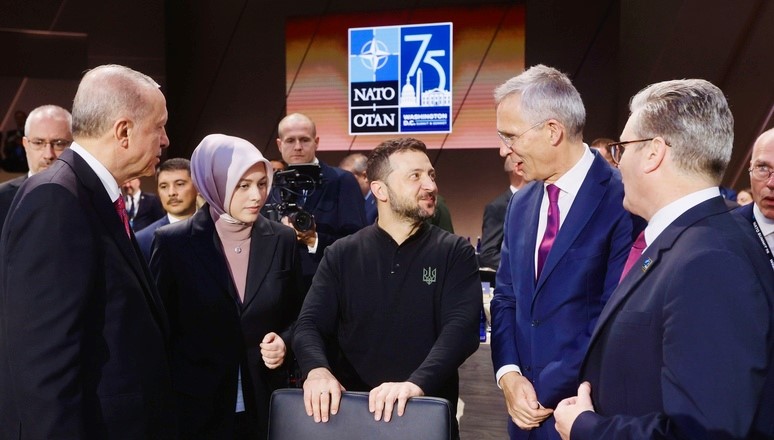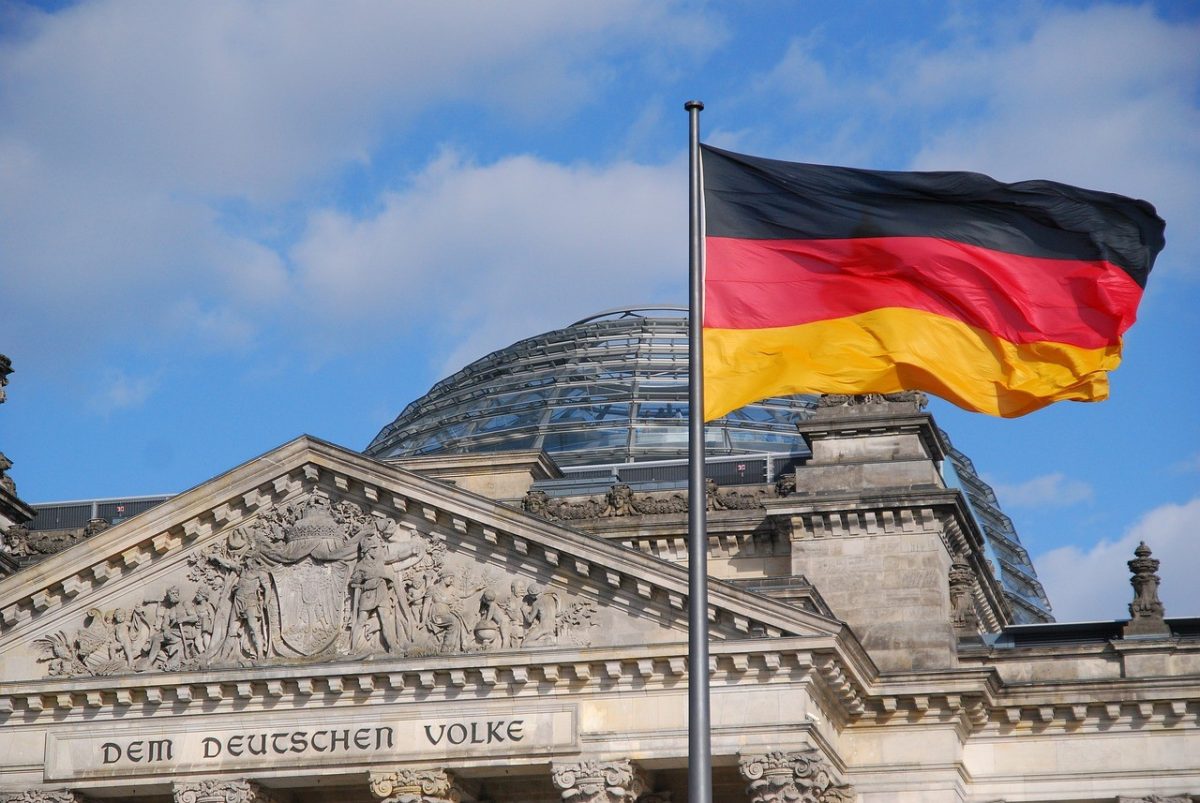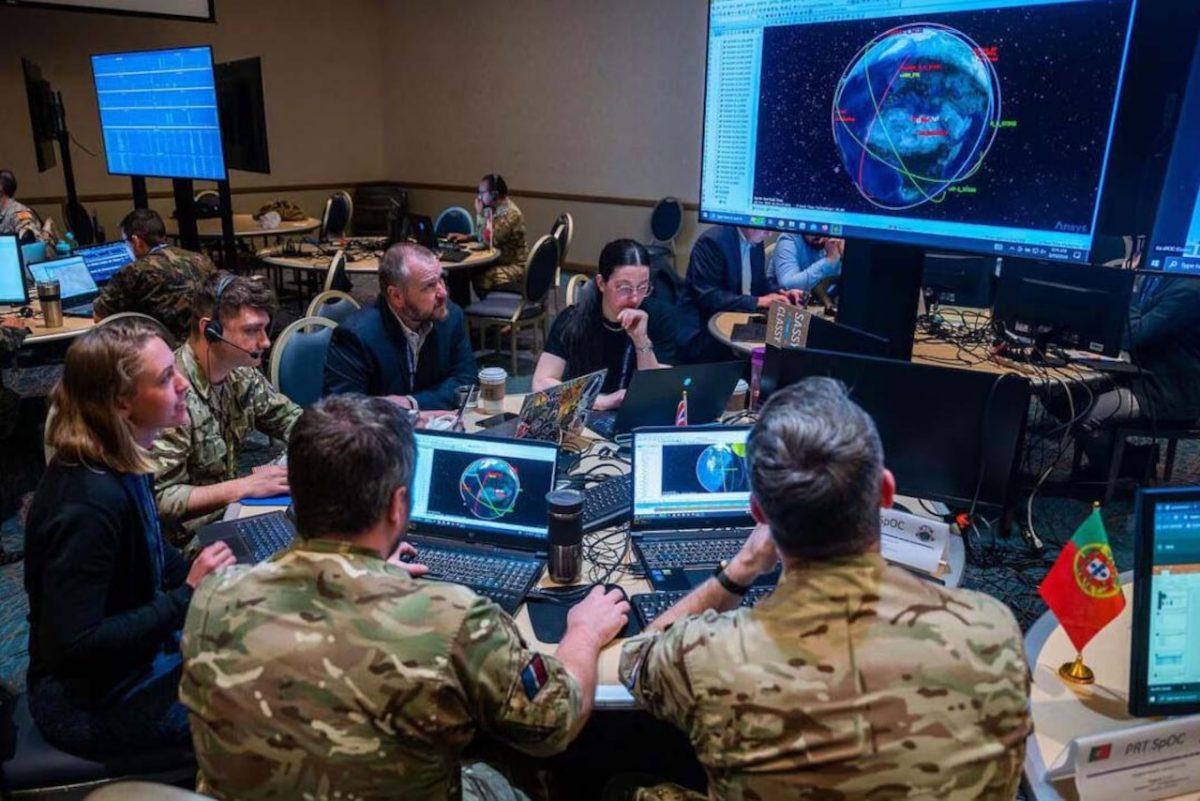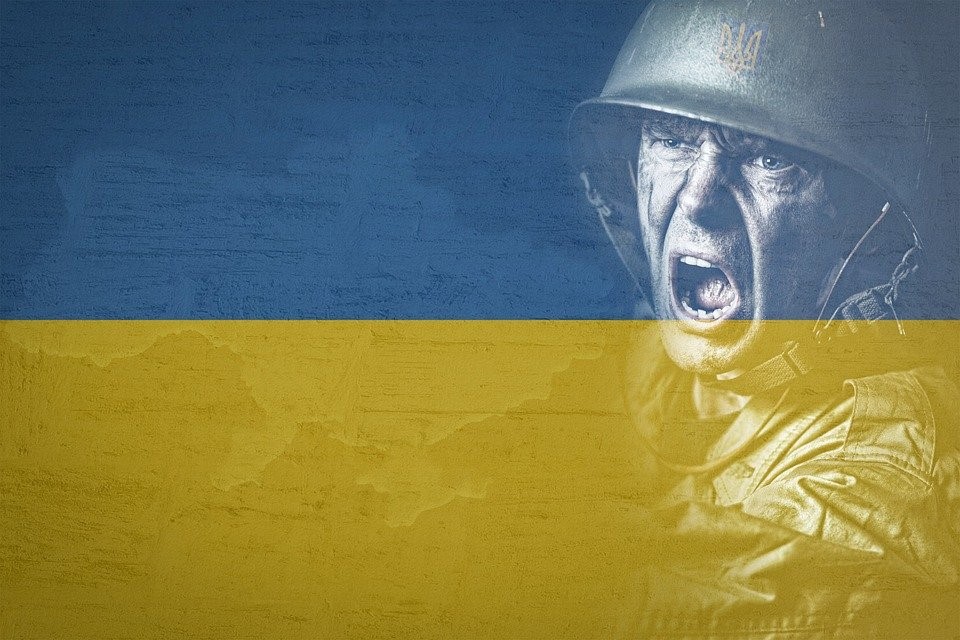| 1. We, the Heads of State and Government of the NATO-Ukraine Council, met today during this historic NATO Summit. For more than two years of Russia’s brutal full-scale invasion of Ukraine, and ten years since Russia’s illegal and illegitimate annexation of Crimea and initial military intervention in the Donbas, the people of Ukraine have been heroically defending their nation, their land, and our shared values. We solemnly pay tribute to the lives lost, and we deplore the human suffering and destruction caused by Russia’s illegal, unjustifiable, and unprovoked war of aggression. Russia has failed in its efforts to undermine Ukraine’s statehood and break the resolve of the Ukrainian people. The men and women of the Ukrainian Armed Forces and the people of Ukraine continue to inspire the world with their bravery and determination. Ukraine stands strong as a sovereign, independent, and democratic nation. 2. Russia bears full responsibility for this war, a blatant violation of international law including the UN Charter, for which it must be held fully accountable. We condemn all those who are facilitating Russia’s war and amplifying Russia’s disinformation campaigns. Russia’s war against Ukraine has shattered peace and stability in the Euro-Atlantic area and has had a profound impact on the safety, security, and welfare of billions of people around the world. Russia has not shown any genuine openness to a just and lasting peace. Allies welcome and support President Zelenskyy’s continuous commitment to advance a comprehensive, just, and lasting peace through his Peace Formula and the Peace Summit process, including the important first Summit in Switzerland. 3. Russia is responsible for the deaths of thousands of civilians and has caused extensive damage to civilian infrastructure. We condemn in the strongest possible terms Russia’s horrific attacks on the Ukrainian people, including on hospitals, on 8 July.We welcome the announced commitments to provide Ukraine with additional air defence systems and other military capabilities, as Allies increase their support to meet Ukraine’s needs and help protect its people, cities, and infrastructure from Russia’s appalling attacks. NATO will support and advise onthe design and implementation of an integrated air and missile defence architecture for Ukraine, to enable the most efficient use of Ukraine’s air and missile defence capabilities and support its transition to full interoperability with NATO. 4. A strong, independent, and democratic Ukraine within its internationally recognised borders is vital for the stability and security of the Euro-Atlantic area. Ukraine’s fight for its independence, sovereignty, and territorial integrity directly contributes to Euro-Atlantic security.Allies and partners continue to step up vital political, military, financial, economic, and humanitarian assistance as Ukraine exercises its inherent right to self-defence as enshrined in Article 51 of the UN Charter. Allies also continue to strengthen Ukraine’s resilience by helping sustain its energy infrastructure, providing critical energy supplies, and enabling the transit of goods and grain. Allies remain as resolute as ever in supporting Ukraine for as long as it takes for Ukraine to prevail. 5. We welcome the launch of the NATO Security Assistance and Training for Ukraine (NSATU), which will coordinate the provision of military training and equipment for Ukraine by Allies and partners and will provide logistical support. It will ensure enhanced, predictable, and coherent security assistance to Ukraine for the long term, bolstering the support Allies and partners provide to Ukraine. NSATU, which will operate in Allied states, will strengthen our ongoing cooperation to transform Ukraine’s defence and security forces, so that Ukraine is more capable of defending itself now and deterring any further Russian aggression in the future. 6. Ukraine requires long-term support. Allies are determined to support Ukraine in building a force capable of defeating Russian aggression. We welcome Allies’ pledge of long-term security assistance for the provision of military equipment, assistance, and training for Ukraine. We also welcome that, to that end, Allies intend to provide a minimum baseline funding of €40 billion within the next year, and to provide sustainable levels of security assistance for Ukraine to prevail. 7. As we continue to intensify our cooperation and strengthen Ukraine’s political integration with NATO, the Alliance is reinforcing the NATO Representation to Ukraine (NRU), and the Secretary General has decided to appoint a NATO Senior Representative to head the NRU and to act as a focal point for NATO’s engagement with Ukrainian authorities in Kyiv. 8. We have made significant progress in our ongoing cooperation, including through the Comprehensive Assistance Package (CAP) for Ukraine, to strengthen and rebuild the Ukrainian security and defence sector, support Ukraine’s deterrence and defence in the long term, and transition Ukraine to full interoperability with NATO. To that end: We have jointly developed initial NATO Interoperability Requirements, making full use of NATO-related defence planning processes and tools, to inform and support Ukraine’s security and defence sector reforms and enable the long-term interoperability of our forces. We are working together to bring Ukraine’s defence procurement in line with Euro-Atlantic best practices through the Strategic Defence Procurement Review. We will work together to identify and apply lessons from Russia’s war against Ukraine, including on resilience, in the newly established Joint Analysis, Training, and Education Centre (JATEC) in Poland. As a joint NATO-Ukraine structure, JATEC will serve as animportantpillar of practical cooperation and increase Ukraine’s interoperability with NATO.We are launching new joint activities to support Ukraine’s self-defence through the first NATO-Ukraine Innovation Cooperation Roadmap.NATO will continue to support Ukraine’s self-defence with urgently needed non-lethal equipment and supplies through the CAP, and we welcome partner contributions. 9. With these long-term commitments, we are building on the work we have done together in the NATO-Ukraine Council (NUC) to advance Ukraine’s Euro-Atlantic aspirations, including Ukraine’s strategic goal of NATO membership. Since establishing the NUC at the Vilnius Summit, we have been working and taking decisions together, as equals, on a broad range of issues, including interoperability, energy security and infrastructure, innovation, cyber defence, defence industry, countering disinformation, and resilience. The NUC has also proven to be an effective crisis consultation mechanism. 10. Allies fully support Ukraine’s right to choose its own security arrangements and decide its own future, free from outside interference. Ukraine’s future is in NATO. Ukraine has become increasingly interoperable and politically integrated with the Alliance. Allies welcome the concrete progress Ukraine has made since the Vilnius Summit on its required democratic, economic, and security reforms. As Ukraine continues this vital work, Allies will continue to support it on its irreversible path to full Euro-Atlantic integration, including NATO membership. Allies reaffirm that they will be in a position to extend an invitation to Ukraine to join the Alliance when Allies agree and conditions are met. The Summit decisions by NATO and the NATO-Ukraine Council, combined with Allies’ ongoing work, constitute a bridge to Ukraine’s membership in NATO. Allies will continue to support Ukraine’s progress on interoperability as well as additional democratic and security sector reforms, which NATO Foreign Ministers will continue to assess through the adapted Annual National Programme. 11. We welcome the bilateral long-term security commitments Allies and partners have agreed with Ukraine based on the G7 Joint Declaration of Support for Ukraine launched in Vilnius. They are mutually reinforcing and are a testament to the shared and unwavering commitment to a free, independent, democratic, and sovereign Ukraine, within its internationally recognised borders, capable of defending itself and deterring future aggression. These commitments, together with the decisions taken at this Summit, provide for sustained, enduring support to Ukraine as it defends its sovereignty and territorial integrity, and support Ukraine’s Euro-Atlantic integration. |
NATO Addresses Ukraine Crisis








